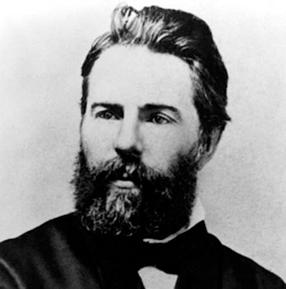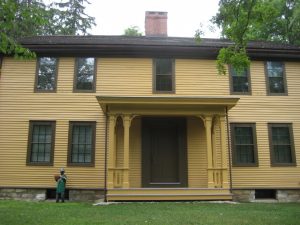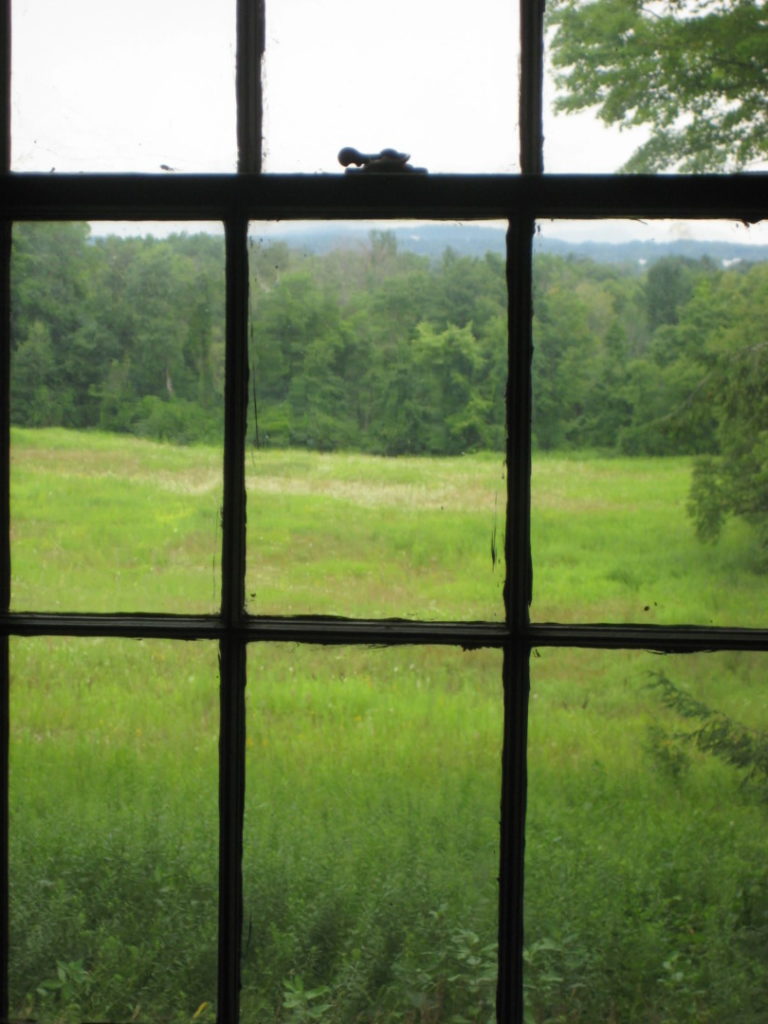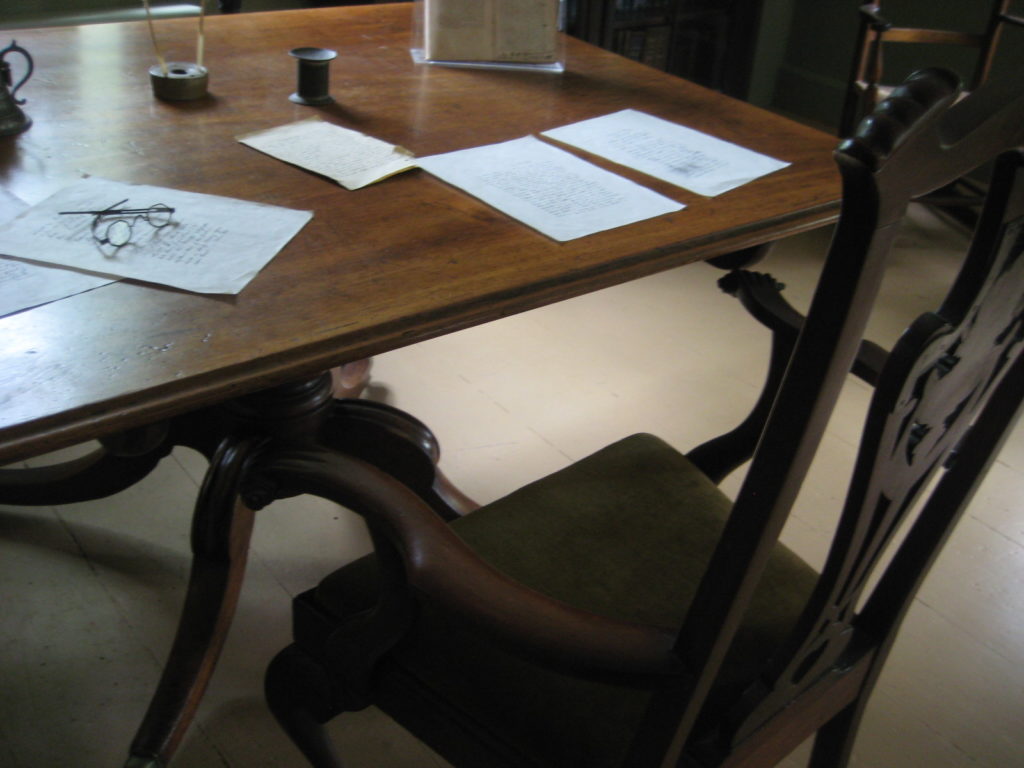Call me Ishmael. Some years ago- never mind how long precisely- having little or no money in my purse, and nothing particular to interest me on shore, I thought I would sail about a little and see the watery part of the world.
It is a way I have of driving off the spleen and regulating the circulation. Whenever I find myself growing grim about the mouth; whenever it is a damp, drizzly November in my soul; whenever I find myself involuntarily pausing before coffin warehouses, and bringing up the rear of every funeral I meet; and especially whenever my hypos get such an upper hand of me, that it requires a strong moral principle to prevent me from deliberately stepping into the street, and methodically knocking people’s hats off- then, I account it high time to get to sea as soon as I can.
 Herman Melville’s love and longing for the sea flow all through the opening words of Moby Dick. It came as quite a surprise to discover that this classic tale of seafaring was written, not in a Nantucket lighthouse, or a New Bedford dockside inn, but many miles away from the watery part of the world.
Herman Melville’s love and longing for the sea flow all through the opening words of Moby Dick. It came as quite a surprise to discover that this classic tale of seafaring was written, not in a Nantucket lighthouse, or a New Bedford dockside inn, but many miles away from the watery part of the world.
Melville was no landlubber—he’d gone to sea on a whaler just like Ishmael did, and he’d spent a lot of time afloat. But he loved the land, too—he loved cows and horses and hay and his farm in the gentle Berkshire mountains of Massachusetts. And most of all, he loved the rolling hills and valleys that he could see from his windows.
On one side the eye follows for the space of an eagle’s flight, the serpentine mountain chains, southward from the great purple dome of Taconic—the St. Peter’s of these hills—northwards to the twin summits of Saddleback, which is the two-steepled natural cathedral of Berkshire; while low down to the west the Housatonic winds on in her watery labyrinth, through charming meadows basking in the reflected rays from the hill-sides.
(From Melville’s little-known novel Israel Potter) 
Melville lived and wrote at Arrowhead (the farm was named for Indian artifacts he found while plowing) for thirteen years. And it was here, far from the sound of the sea, that he wrote the craziest, weirdest, wordiest, most magnificent novel ever to baffle generations of high school students and send shivers down the spine: Moby Dick.
Melville was an author of discipline, and almost every morning he went to his study, closed the door, sat down, and picked up his pen. When he gazed vacantly out his window (as authors tend to do) he was looking directly at one particular mountain, one that Melville called “His Imperial Purple Majesty.” Mount Graylock.
This beautiful mountain is the highest point in Massachusetts (to be sure, that’s not saying much.) To Melville, it was an object of fascination, and as he created the mysterious, massive, vengeful sea-creature, the mountain loomed outside his window like a vast green whale.
If you’ve ever gone on a whale watch, you know how the great gleaming backs rise from the water, sloping upwards, and then sink slowly, like moving mountains. Something about the green meadows and summits spreading out before him helped Melville recreate his long-ago whaling days and write his great hymn to the beauty and vastness of the sea.
Melville’s previous works had been very popular, but Moby Dick was a resounding dud. Arguably the most famous book in American literature, it was ignored in his lifetime. Perhaps feeling friendless and unloved, he dedicated his seventh novel, Pierre, to “To Greylock’s Most Excellent Majesty.” (It’s now usually spelled “Graylock.”)
The dedication went on for a paragraph or two (Melville was rarely concise) adding that “the majestic mountain, Greylock—my own more immediate sovereign lord and king — hath now, for innumerable ages, been the one grand dedicatee of the earliest rays of all the Berkshire mornings.”
In winter, Graylock’s snow-covered bulk seemed even more like a…well, a big white whale. “The great flood-gates of the wonder-world swung open, and…there floated into my inmost soul, endless processions of the whale, and mid most of them all, one grand hooded phantom, like a snow hill in the air.” 
Check out the Berkshire Historical Society: http://www.mobydick.org/
2 Comments
Trackbacks/Pingbacks
- Unmowed Authors - […] Herman Melville […]





Nice write up of Arrowhead. Memories of one of my favorite adventures. Glad to have the memories captured by such a skilled writer!
Only took me a year!